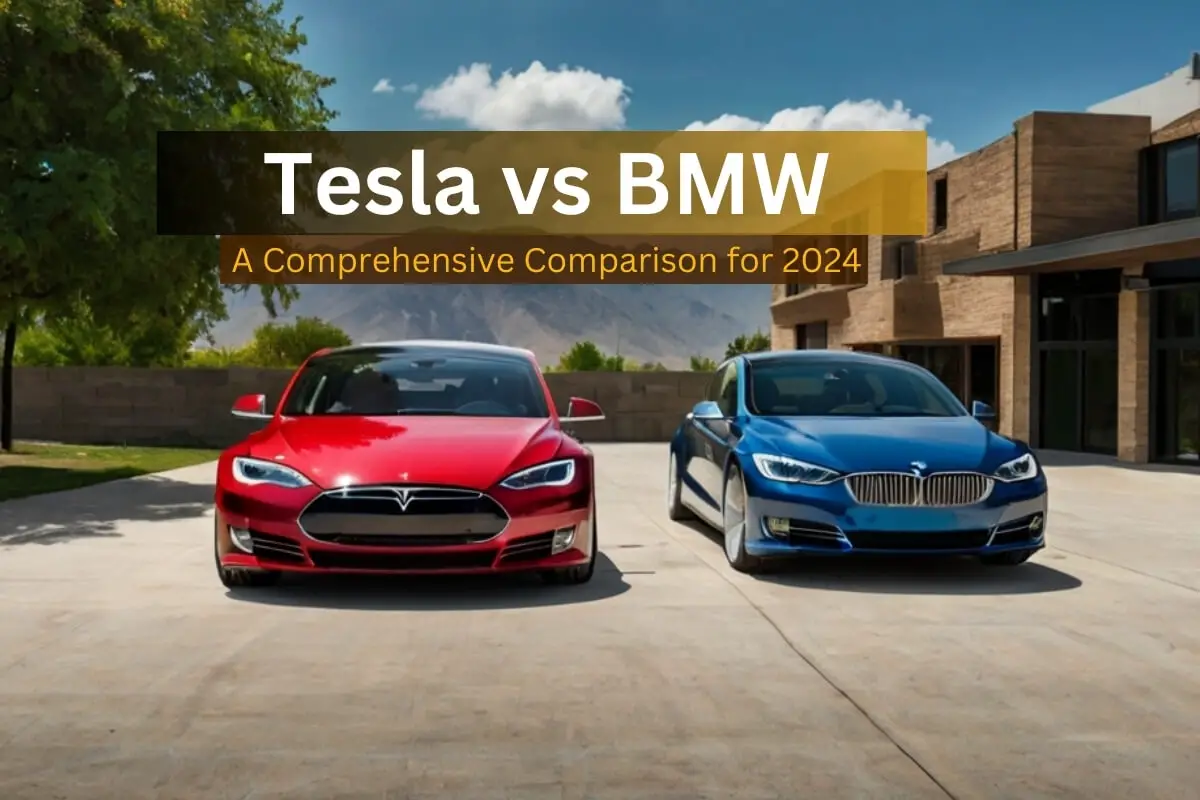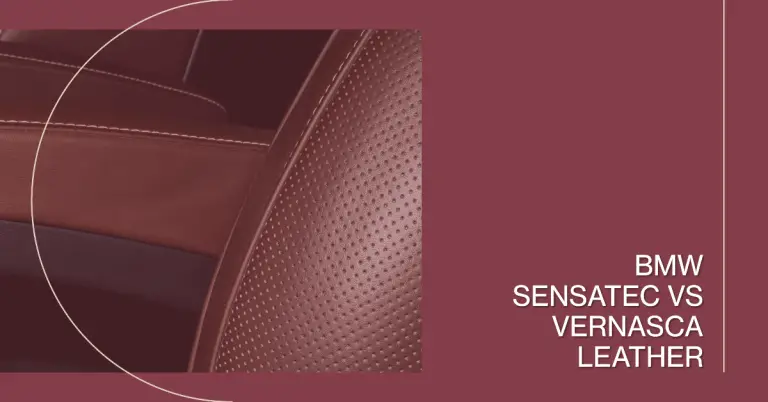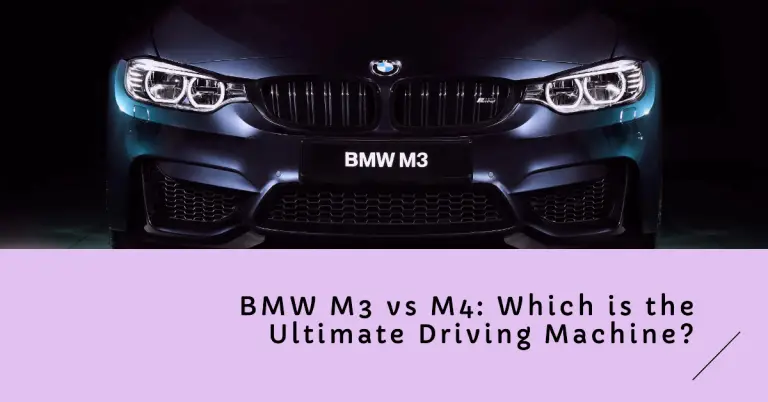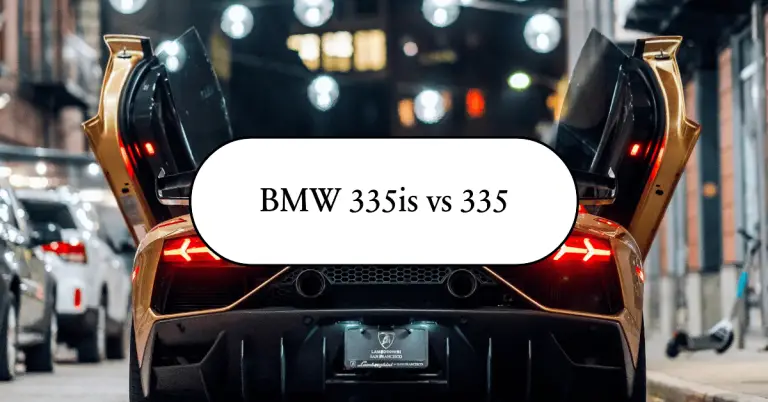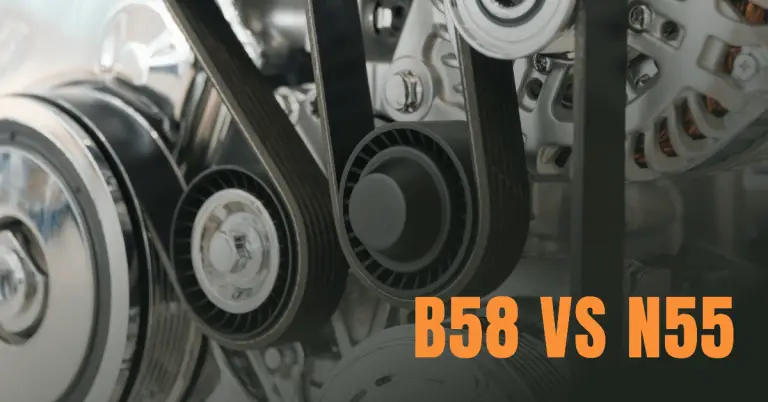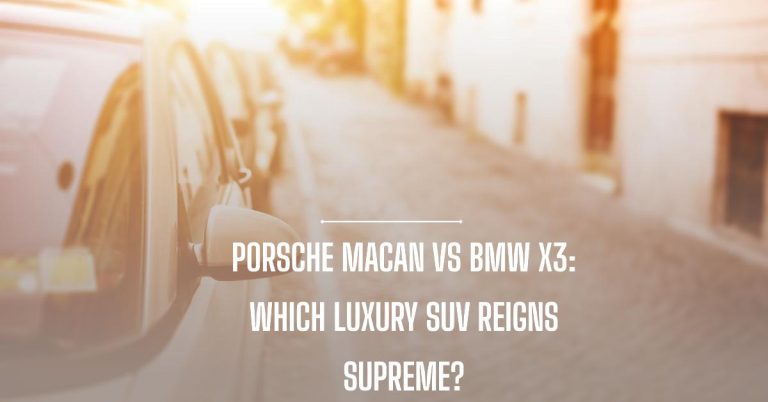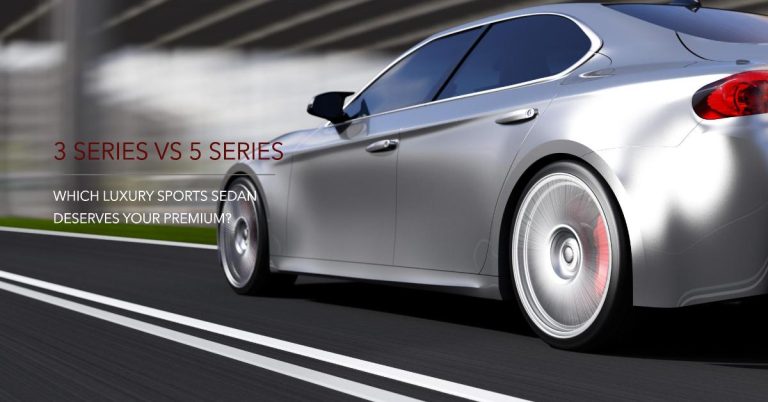Tesla vs BMW: A Comprehensive Comparison for 2024
Overview of Tesla and BMW
Brand Histories
Tesla
Founded in 2003 by a group of engineers, Tesla has redefined the automotive industry with its focus on sustainable energy and advanced electric vehicle (EV) technology. Tesla’s mission is to accelerate the world’s transition to sustainable energy, and it has made significant strides with its innovative cars like the Model S, Model 3, Model X, and Model Y.
BMW
BMW, short for Bayerische Motoren Werke AG, was established in 1916. Known for its luxury vehicles and engineering prowess, BMW has a long history of producing high-performance cars. The company ventured into the electric vehicle market with the i3 in 2013 and has since expanded its lineup with models like the i4 and iX, maintaining its reputation for quality and driving pleasure.
Performance Comparison
Acceleration and Speed
Tesla Model 3
The Tesla Model 3 is renowned for its rapid acceleration and impressive speed. The Performance model can sprint from 0 to 60 mph in just 3.1 seconds and reach a top speed of 162 mph. This quick acceleration provides a thrilling driving experience and showcases Tesla’s advanced electric motor technology.
BMW i4
The BMW i4, especially in its M50 trim, also delivers impressive performance. It can accelerate from 0 to 60 mph in 3.3 seconds and has a top speed of 127 mph. While slightly slower than the Model 3 in a straight line, the i4 offers a balanced and engaging driving experience typical of BMW’s sport sedans.
Driving Dynamics
Tesla
Tesla vehicles are known for their agile handling and smooth ride, largely due to the low center of gravity from the battery pack placement. The Model 3, for example, offers precise steering and excellent stability, making it enjoyable to drive on both highways and winding roads.
BMW
BMW’s i4 retains the brand’s hallmark driving dynamics. The car provides a well-balanced ride with superior steering feedback and handling, especially in the M50 variant. BMW’s experience in building performance-oriented vehicles shines through, offering a more traditional yet engaging driving experience.
Interior and Comfort
Cabin Design and Features
Tesla
The interior of the Tesla Model 3 is minimalist, featuring a sleek design dominated by a central 15-inch touchscreen. This touchscreen controls most of the car’s functions, providing a futuristic feel. The cabin is spacious and airy, but the minimalist approach may not appeal to everyone.
BMW
BMW’s i4 features a more traditional luxury car interior with high-quality materials and a curved display integrating the instrument cluster and infotainment system. The iDrive 8 system is intuitive and offers advanced connectivity features, enhancing the overall driving experience.
Space and Practicality
Tesla
The Tesla Model 3 offers ample cargo space, with 19.8 cubic feet behind the rear seats and 43 cubic feet with the seats folded down. Additionally, it includes a front trunk (frunk) that provides an extra 3.1 cubic feet of storage, making it highly practical for daily use and road trips.
BMW
The BMW i4 provides a competitive cargo space, particularly with the rear seats folded flat. While it lacks a frunk, it still offers sufficient storage capacity for most needs, making it a practical choice for those who need a luxury sedan with decent cargo space.
Technology and Features
Infotainment Systems
Tesla
The Tesla Model 3’s infotainment system is centered around its 15-inch touchscreen, which controls everything from navigation to climate settings. While it lacks Android Auto and Apple CarPlay, it offers internet streaming radio and various entertainment options, including on-screen gaming and a built-in security system.
BMW
The BMW i4 features the latest iDrive 8 system, which includes a curved display and advanced graphics. It supports Android Auto and Apple CarPlay, and provides connected charging, parking, and navigation apps. The system is designed to be an intelligent partner for the driver, offering customization and enhanced interaction.
Driver Assistance and Safety
Tesla
Tesla is known for its advanced safety features and driver assistance technologies. The Model 3 has received high safety ratings, thanks to its robust body structure and extensive hazard detection and collision mitigation systems. It uses a camera-based system that provides a 360-degree view around the vehicle.
BMW
The BMW i4 is equipped with the latest driver assistance technologies, including emergency stop support, pedestrian detection, and active side collision protection. Although crash test data is not yet available for the i4, it includes a comprehensive suite of safety features designed to protect occupants in various scenarios.
Range and Efficiency
Electric Range
Tesla Model 3
The Tesla Model 3 offers a range of 263 to 353 miles, depending on the model and configuration. Its efficiency is among the best in its class, with a combined rating of 113 to 138 MPGe. The Model 3’s long range and efficient energy use make it a practical choice for both city driving and long-distance travel.
BMW i4
The BMW i4 provides a range of 245 to 301 miles, depending on the model and wheel size. It supports fast charging up to 200 kW, allowing for a significant range boost in just a short charging period. The i4 balances range and performance, making it a strong contender in the EV market.
Charging Infrastructure
Tesla
Tesla’s Supercharger network is one of the most extensive and reliable in the world. With thousands of Supercharger stations globally, Tesla owners can charge their vehicles quickly and conveniently, making long trips feasible without extensive planning.
BMW
BMW partners with various charging networks to provide access to a wide range of public charging stations. The i4 supports fast charging, which can add 88 to 108 miles of range in just 10 minutes, ensuring that BMW drivers have plenty of options for keeping their vehicles charged.
Cost of Ownership
Purchase Price
Tesla Model 3
The Tesla Model 3 is priced between $42,000 and $55,000, depending on the trim level and options. This price range makes it one of the more affordable luxury EVs on the market, especially considering its performance and range capabilities.
BMW i4
The BMW i4 starts around $55,400 for the eDrive35 model, with prices going up to $67,300 for the M50 variant. While more expensive than the Model 3, the i4 offers a premium experience with BMW’s signature performance and luxury.
Maintenance and Warranty
Tesla
Tesla provides an 8-year drivetrain warranty, with unlimited miles for rust and corrosion. However, it does not offer a standard free-maintenance warranty, which means owners will need to cover regular maintenance costs out of pocket.
BMW
BMW offers a comprehensive maintenance and warranty package. This includes a 3-year free-maintenance warranty and an 8-year warranty for hybrid components. These warranties help mitigate the cost of ownership and provide peace of mind to BMW owners.
Additional Sections to Enhance the Comparison
Resale Value
Tesla
Tesla vehicles tend to hold their value well due to high demand and strong brand reputation. The Model 3, in particular, has proven to be a solid investment with relatively low depreciation rates compared to other EVs.
BMW
BMW vehicles traditionally have good resale value, and the i4 is expected to follow this trend. The brand’s reputation for quality and performance helps maintain its value over time, making it a reliable choice for those considering long-term ownership.
Environmental Impact
Tesla
Tesla’s focus on sustainability goes beyond just producing electric vehicles. The company aims to reduce its carbon footprint through various initiatives, including using renewable energy for production and providing energy solutions like solar panels and Powerwall batteries.
BMW
BMW is also committed to sustainability, with a focus on reducing emissions and using recycled materials in its vehicles. The i4 is part of BMW’s broader strategy to transition to a more sustainable future, with a goal of having a fully electric lineup in the coming years.
Customer Experience and Support
Tesla
Tesla offers a unique customer experience, with a direct-to-consumer sales model and online purchasing options. Service is handled through Tesla Service Centers, and software updates are delivered over-the-air, ensuring that vehicles stay up-to-date with the latest features and improvements.
BMW
BMW’s customer experience includes a traditional dealership network with personalized service and support. Owners can rely on BMW’s extensive service centers and knowledgeable staff for maintenance and repairs. BMW also offers a range of owner benefits, including complimentary maintenance for the first three years.
Wrap UP
In the battle of Tesla vs. BMW, both brands offer compelling options for those looking to enter the electric vehicle market. Tesla excels in technology, range, and affordability, while BMW stands out with its luxury, performance, and driving dynamics. The choice between the two ultimately comes down to personal preference and priorities. Whether you value cutting-edge technology and rapid acceleration or luxury and driving enjoyment, both Tesla and BMW have a lot to offer in the evolving world of electric vehicles.

